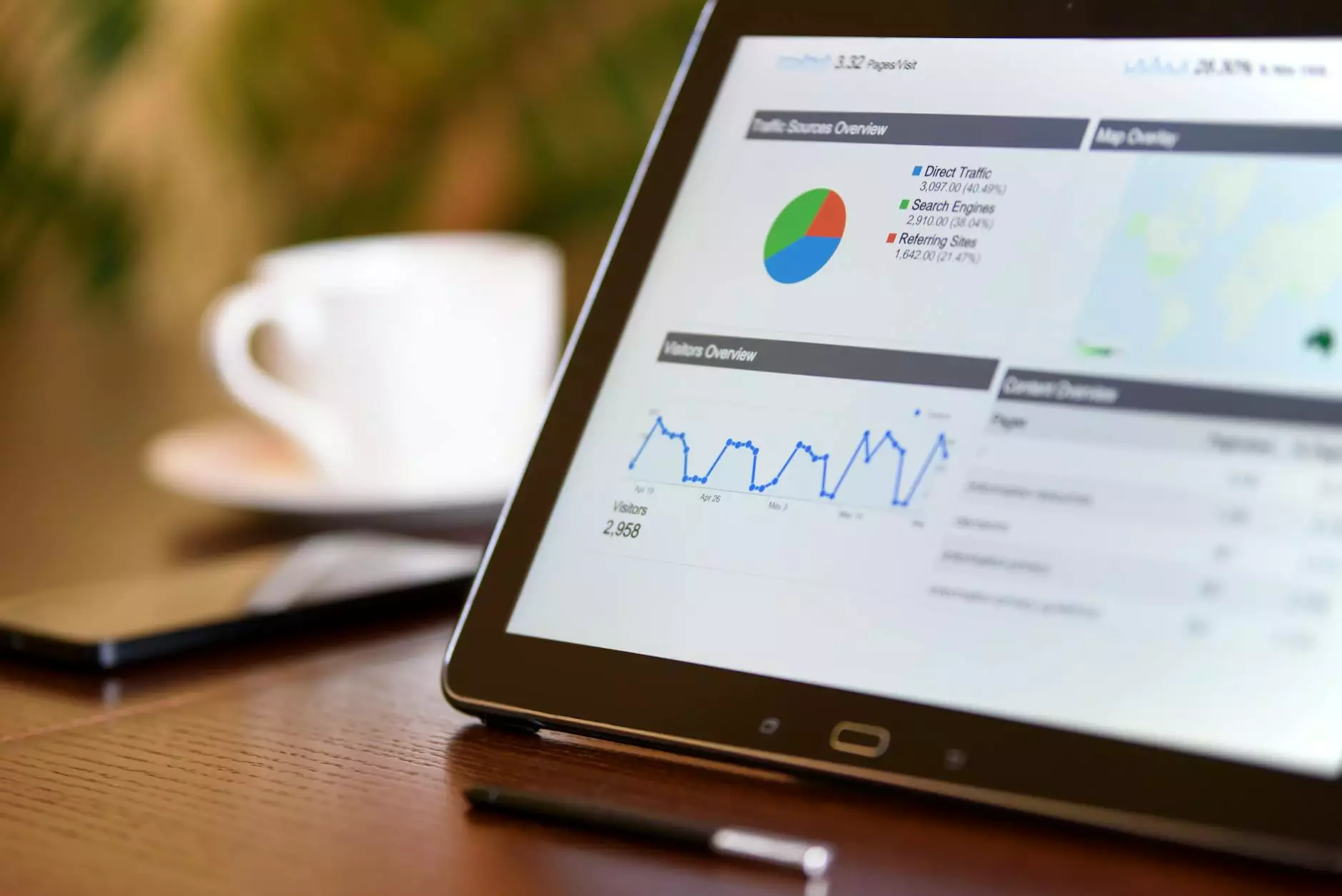The Power of Hydro: An In-Depth Look at Hydro Power

What is hydro power and how does it work? If you are curious about sustainable energy sources and renewable energy alternatives, hydro power is a fascinating topic to explore. Hydro power, also known as hydropower, is a clean and sustainable energy source that harnesses the power of water to generate electricity.
The Process of Hydro Power Generation
Hydro power plants convert the kinetic energy of moving water into electricity. The process begins with the flow of water, which turns the blades of a turbine. The spinning turbine is connected to a generator, which produces electricity. This electricity can then be distributed to homes, businesses, and industries through power grids.
Benefits of Hydro Power
One of the key benefits of hydro power is its renewable nature. Water is a naturally replenishing resource, so as long as there is rainfall or snowmelt, hydro power can continue to be generated. Additionally, hydro power is a clean energy source that produces minimal greenhouse gas emissions compared to fossil fuels.
Environmental Impact of Hydro Power
Unlike coal or natural gas power plants, hydro power plants do not release harmful pollutants into the air. This makes hydro power an environmentally friendly energy option that helps reduce carbon emissions and combat climate change.
Types of Hydro Power
Hydro power can be categorized into two main types: conventional hydro power and pumped-storage hydro power. Conventional hydro power plants rely on natural water flow to generate electricity, while pumped-storage plants store energy by pumping water uphill during off-peak hours and releasing it during high-demand periods.
Small-Scale Hydro Power
In addition to large-scale hydro power plants, small-scale hydro power systems are also gaining popularity. These systems can be installed in rivers, streams, or irrigation canals to generate electricity for local communities or off-grid locations.
Challenges and Future Outlook
While hydro power has numerous benefits, it also faces challenges such as ecosystem disruption, fish habitat alteration, and sediment accumulation in reservoirs. Despite these challenges, advancements in technology and research are continuously improving the efficiency and sustainability of hydro power generation.
Innovations in Hydro Power
New developments in hydro power technology, such as fish-friendly turbines and improved environmental monitoring systems, are helping minimize the environmental impact of hydro power plants. These innovations are paving the way for a more sustainable and eco-friendly future for hydro power generation.
Conclusion
What is hydro power? Hydro power is a clean, renewable, and sustainable energy source that plays a crucial role in our transition to a greener future. By harnessing the power of water, we can meet our energy needs while reducing our carbon footprint and protecting the environment for future generations.
Explore more about hydro power and sustainable energy solutions at Our Power.








